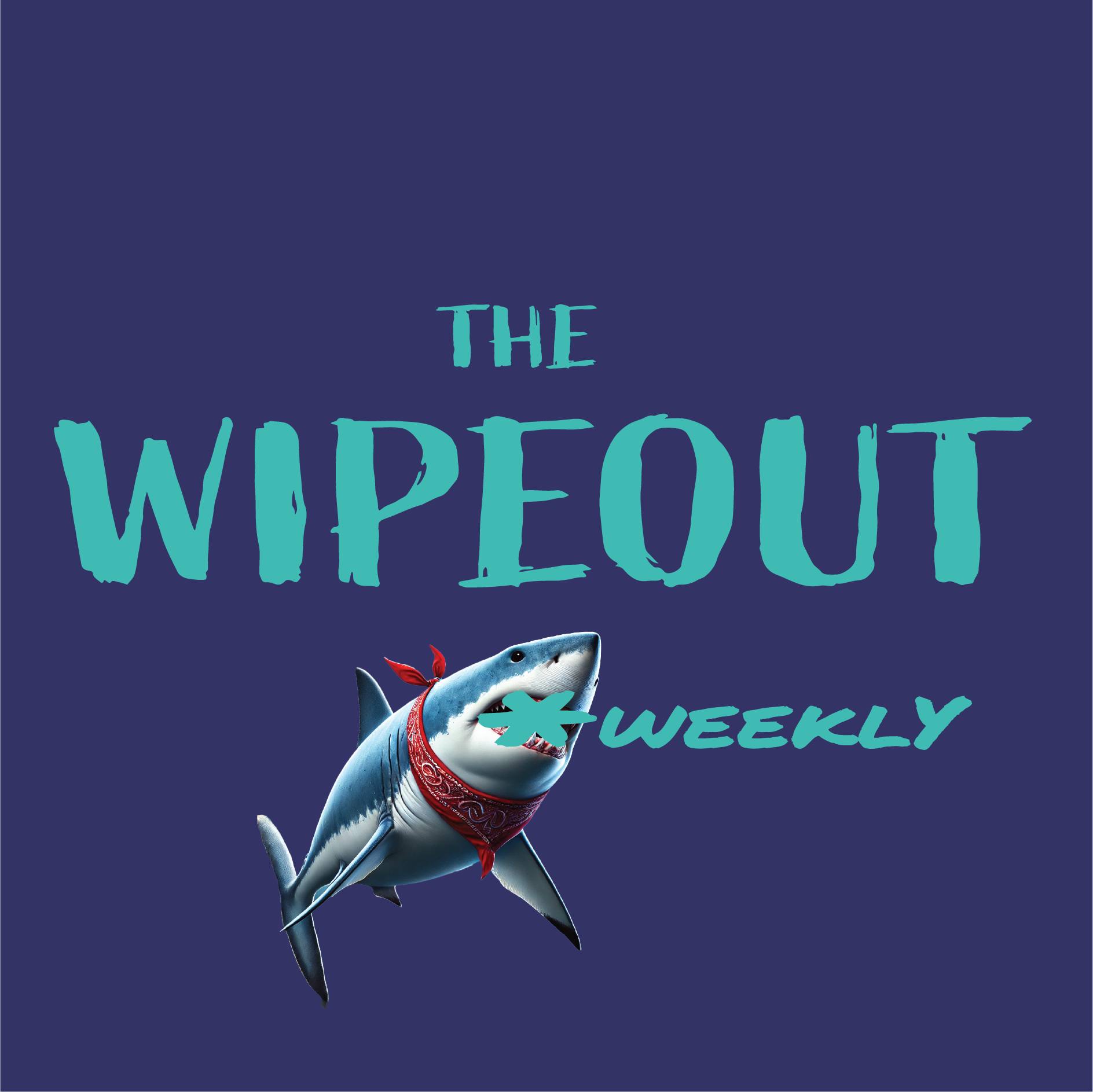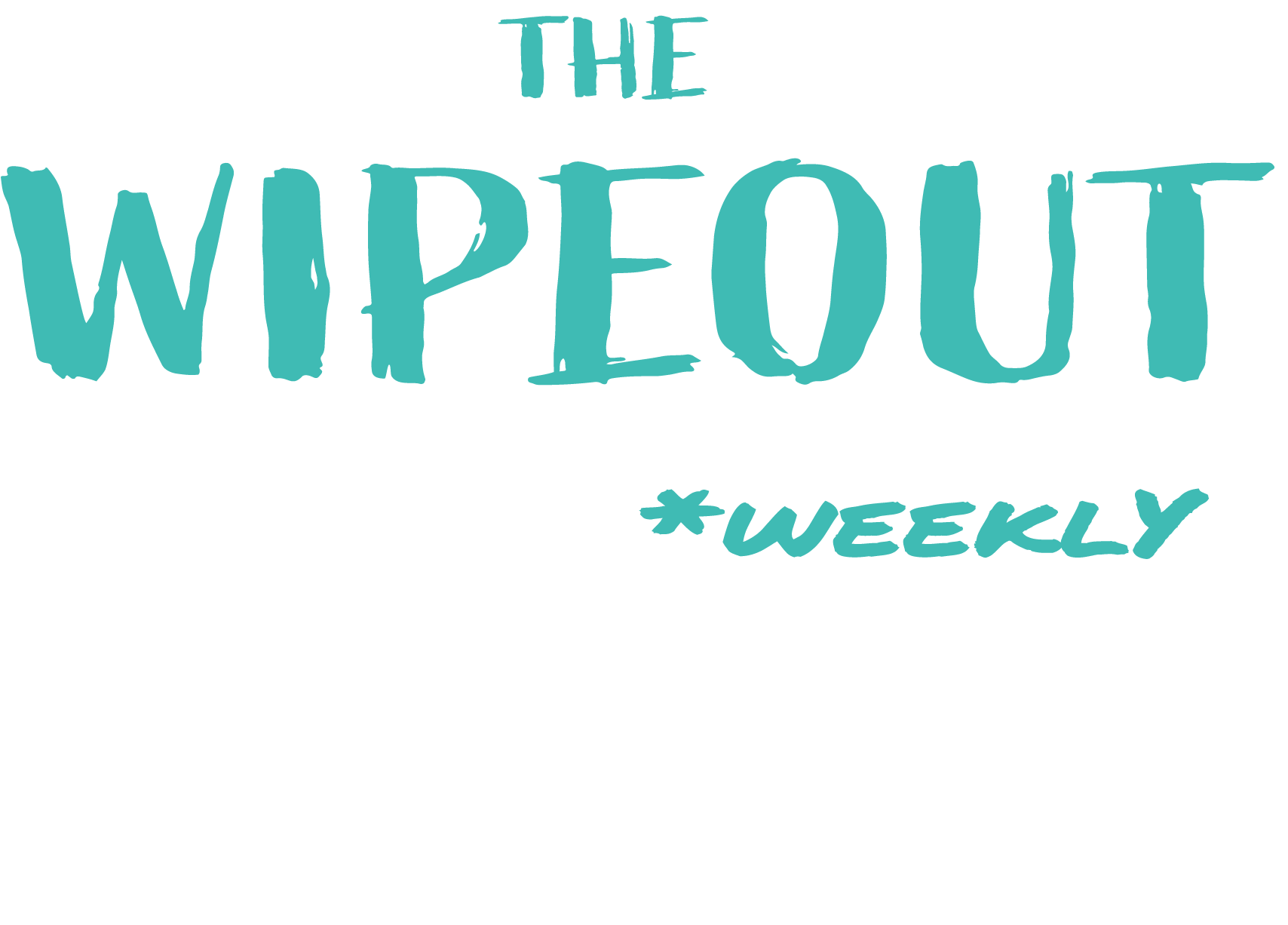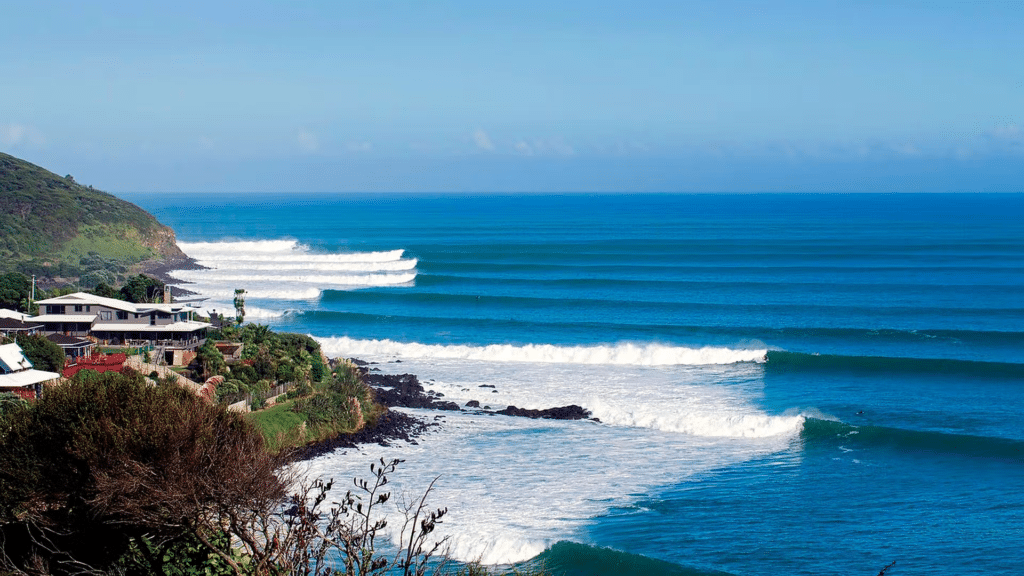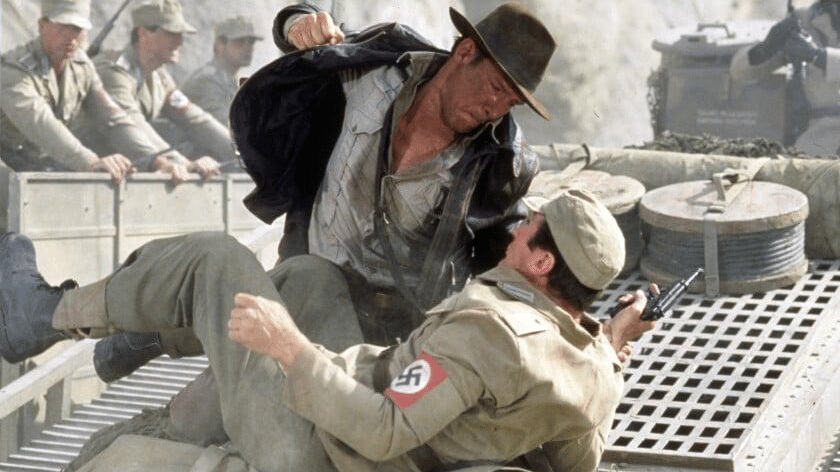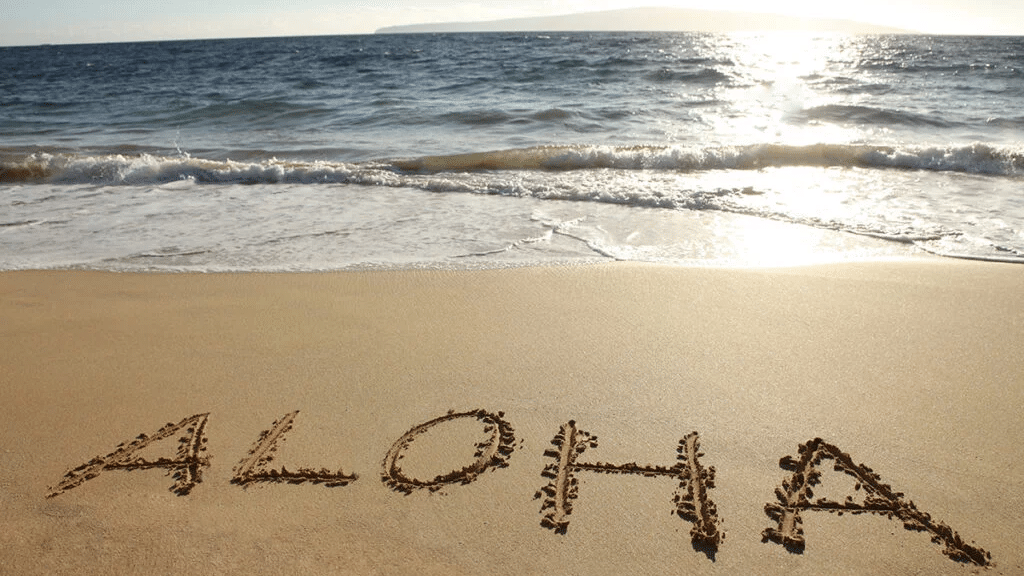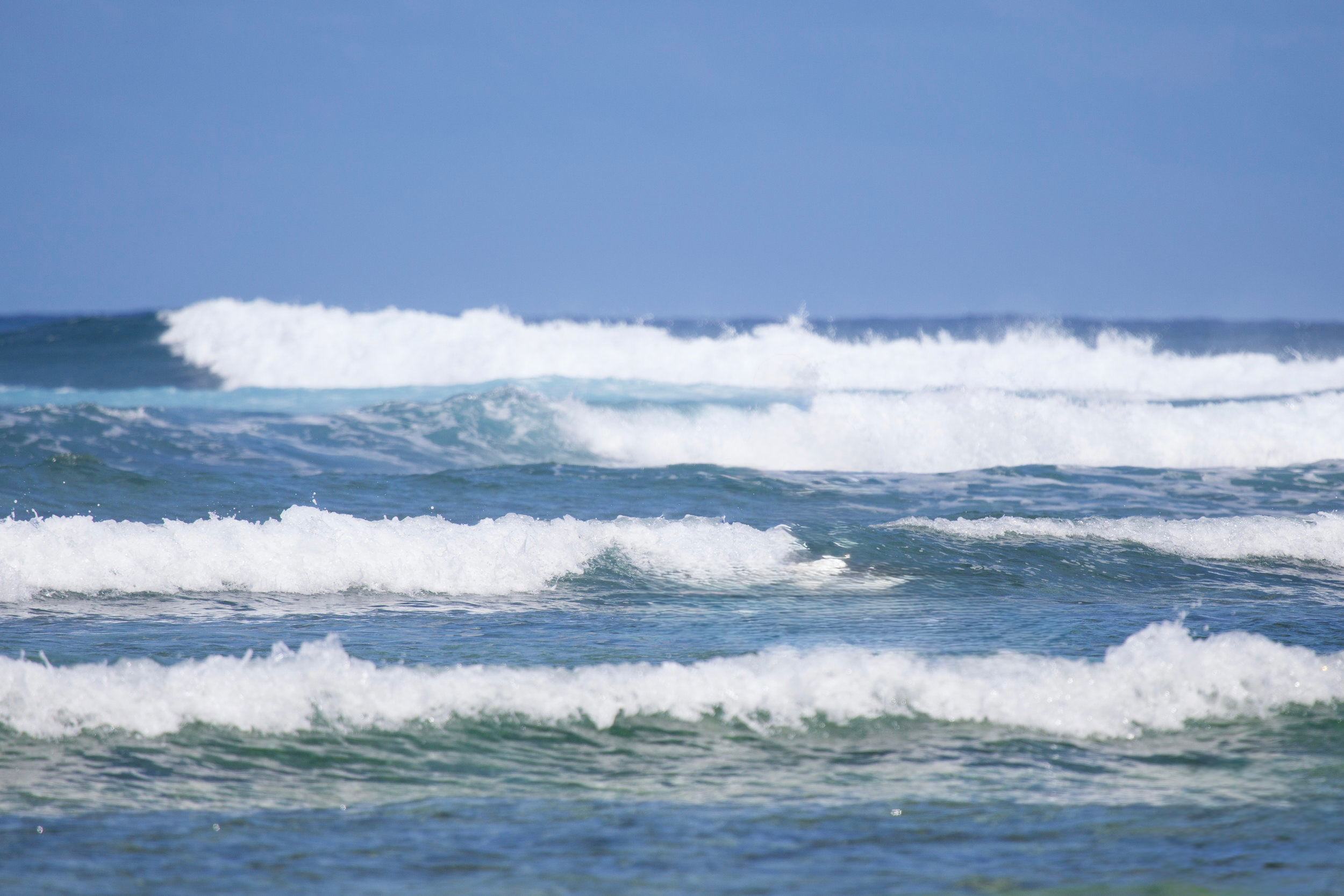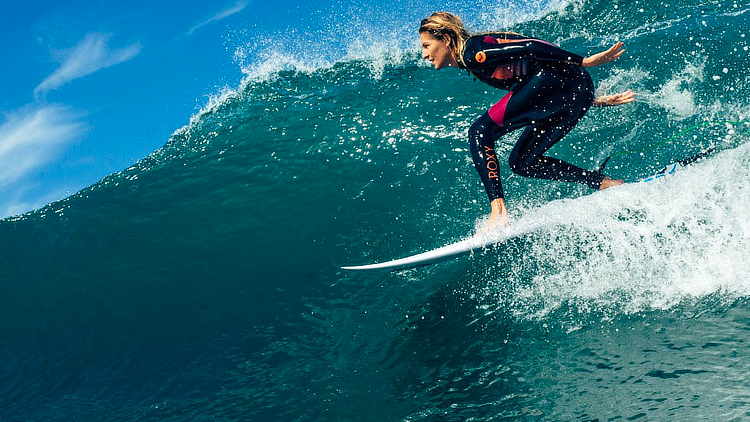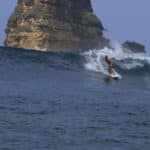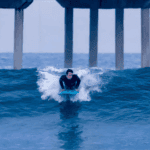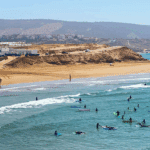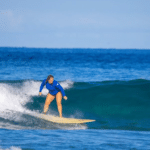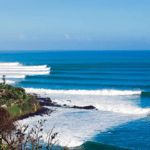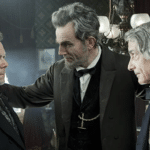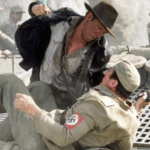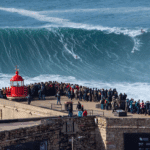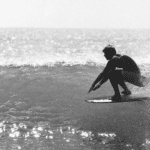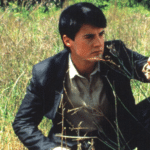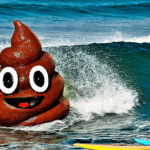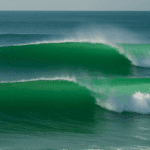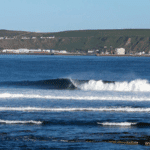Now Reading: What Eddie would go means
-
01
What Eddie would go means
What Eddie would go means
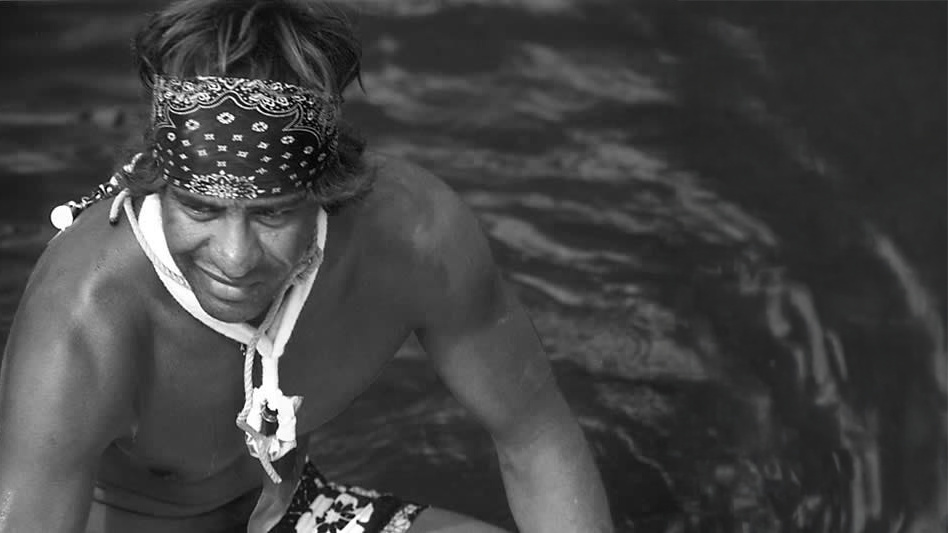
With Clyde Aikau’s passing, it feels right to introduce you to one of the most iconic phrases in surf culture: “Eddie would go.”
You might’ve even worn it on a T-shirt or shouted it out to a mate as they tried to take a terrifying drop on a 2-foot wave. But do you know what it actually means, where it came from, and—more importantly—who was Eddie? Let me tell you a story.
Who was Eddie Aikau
Eddie Aikau (Clyde Aikau’s older brother) was a Native Hawaiian lifeguard and big wave surfer, born in 1946 in Kahului, Maui. He was the first official lifeguard on the North Shore of O‘ahu—credited with saving over 500 lives at Waimea Bay.
He’d paddle out when no one else would. He surfed Waimea despite it being massive, chaotic, life-threatening. Eddie would go whenever no one else would.
The story behind the phrase
The phrase was cemented by a tragedy. March 16, 1978. Eddie was crew on a traditional Polynesian voyaging canoe called the Hōkūleʻa. It was sailing from Hawai‘i to Tahiti using only traditional navigation techniques—no GPS, no compass.
The canoe capsized in rough seas south of Moloka‘i. No rescue was in sight. So Eddie did what Eddie always did: he went. He took his surfboard, a few oranges, and paddled for help. He was last seen paddling toward Lāna‘i. His body was never found. The crew was eventually rescued—but Eddie was gone.
What “Eddie Would Go” means
The “Eddie would go” saying started as a way to honor him—and became a rallying cry in big wave surf culture. It means: go when it’s scary. Go when others won’t. Go because it’s the right thing to do. All heart—not ego. Just like Eddie.
The Eddie Aikau Big Wave Invitational
Following Eddie’s passing and in his honor, the Eddie Aikau Big Wave Invitational was established. It’s a big wave surf contest held at Waimea Bay. It only runs when the waves are consistently 20+ feet Hawaiian scale (which is like 40-foot faces in mortal terms), so it doesn’t happen every year—and invitees are handpicked. And that’s when you hear: “Eddie would go”—yelled out loud.
